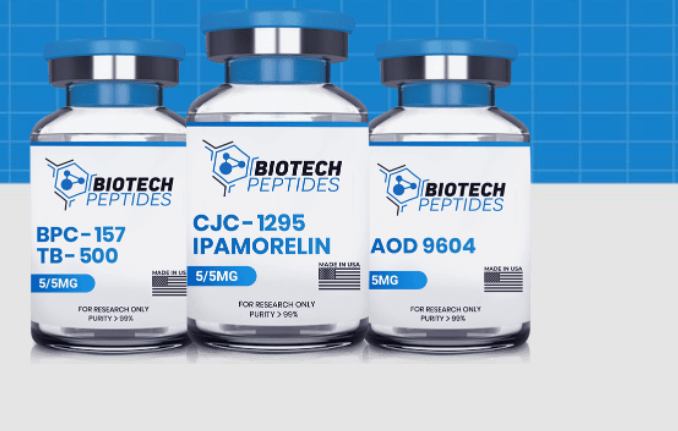Gut peptide hormone Vasoactive intestinal peptide (VIP), first discovered in 1970 as a vasodilator, has multiple physiological and pathological effects on development, cell growth, and the control of neuronal, epithelial, and endocrine cell functions, which in turn regulate ion secretion, nutrient absorption, gut motility, glycemic control, carcinogenesis, and immune responses. Mice that have had their VIP and its receptors removed genetically provide light on the role of VIP in physiological signaling and illness etiology. Concerning VIP’s role in gastrointestinal function and illness, current results highlight its potential therapeutic use in diabetes, autoimmune disease, and cancer.
In the gut, lungs, respiratory system, pancreas, and suprachiasmatic nuclei of the hypothalamus, the neuro-polypeptide Vasoactive Intestinal Peptide (VIP) is synthesized (SCN). VIP maintains appropriate hormone levels, reduces inflammation, controls the immune system, and aids in the healing of the brain when it comes to CIRS. It’s not unexpected that patients with CIRS feel ill when VIP drops below 25 pg/mL, as it does in around 91% of those with CIRS. CIRS is a multi-system and multi-symptom condition, as Dr. Shoemaker often points out. According to an article, the olfactory (smell) system may carry biotoxins to the hypothalamus. Do low VIP levels have anything to do with this?
Use and Consequences of VIP
To ensure that the initial dosage is well tolerated, it’s recommended to take VIP for 30 days before checking blood pressure, VCS, C4a, TGF beta 1, and fasting lipase levels. If the labs like C4a and TGF beta 1 are improving, then begin to reduce VIP to 2 doses daily during the following month. After one month, discontinue using Vasoactive Intestinal Peptide (VIP) at 2 dosages each day. Check the levels six months after stopping VIP to ensure they are stable and within acceptable ranges. Some spray bottles may provide 50mcg in a single spray, whereas others need two.
Another method is to take VIP for 2-3 months, then cut the number of dosages by one per month until the symptoms develop. Alternately, you may gradually decrease the daily dose until your subjects no longer benefit from it. It is hoped that after 3-12 months, the amount will be reduced to nil. Researchers will discover the optimal dose over time as they gain knowledge and experience.
For VIP, a subject’s tolerance does not build up over time, requiring increasingly large dosages. Some subjects have taken it for more than four years with no negative effects. Lipase is the only adverse effect to be concerned about, but there is just a handful other than that. Dysphoria may also result from VIP consumption (depression). Dr. Ackerly’s theory may be correct. Dilute VIP to 1:10 or 1:100, gradually increasing the dosage to the usual level.
Some chemically sensitive subjects take four doses in the morning and eight additional amounts before night, just as an interesting side note. VIP should be gradually titrated up to optimum effect. Dr. Shoemaker’s subjects used to take up to 28 pills a day, but now they’re down to almost none. Over time, you may titrate the dosage to find the smallest amount that still produces optimal results. VIP is a medication that cannot be overdosed on. As a researcher, you can buy VIP peptide online for research only with a credit card.















